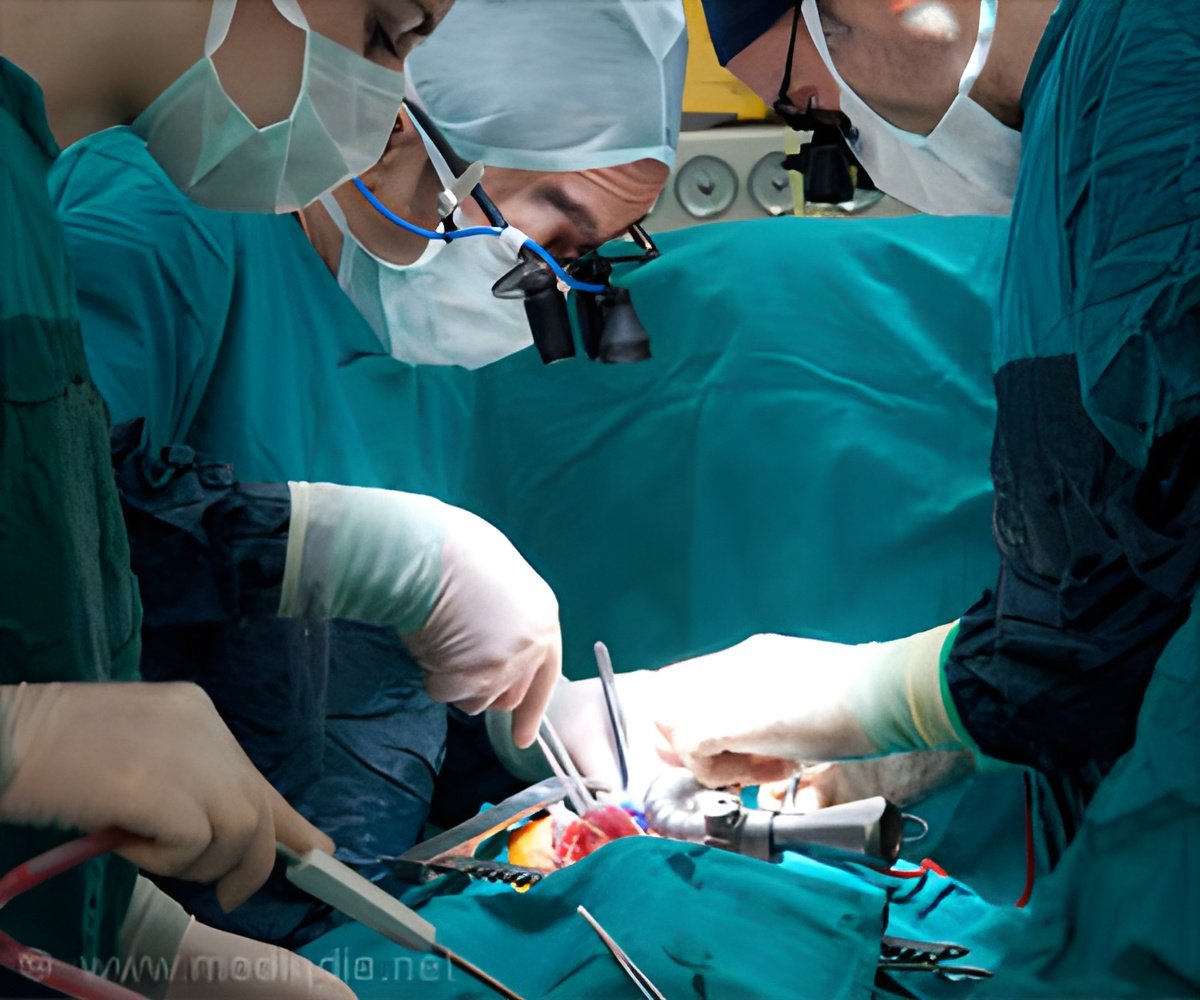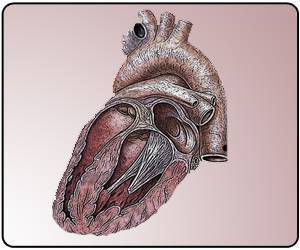Transcatheter aortic valve replacement is highly cost-effective compared with surgical aortic valve replacement in intermediate surgical risk patients.

‘Transcatheter aortic valve replacement should be considered the preferred strategy based on both clinical and economic considerations with results demonstrating substantial cost savings and improved quality-adjusted life expectancy.’





Researchers led by Dr. David J. Cohen (Saint Luke's Mid America Heart Institute, Kansas City, MO) used data from the PARTNER 2A randomized trial and the SAPIEN-3 Intermediate Risk registry to perform a formal, patient-level economic analysis comparing TAVR using either the SAPIEN XT valve (XT-TAVR) or the SAPIEN-3 valve (S3-TAVR) with SAVR. The comparison between XT-TAVR and SAVR was based upon randomized assignment within PARTNER 2A; the comparison between S3-TAVR and SAVR was not randomized. Procedural costs were assessed based on measured resource utilization and all other costs were assessed by linking trial data with Medicare claims for the index hospitalization and follow-up period or by piecewise regression models for the remaining patients. PARTNER 2A
In the trial, XT-TAVR led to significant reductions in procedure duration compared with SAVR (102±46 vs. 236±83, P<0.001) and hospital length of stay (6.4±5.5 vs. 10.9±7.6, P<0.001). Although procedural costs were $22,083 higher with XT-TAVR than SAVR (reflecting the higher cost of the transcatheter valve), most of this higher cost was offset by reduced costs related to length of stay and in-hospital complications such that total costs for the index hospitalization were only ~$2,900 higher with TAVR ($61,433 vs. $58,545; P=0.014). Over the following 24 months, follow-up costs were substantially lower with XT-TAVR (by $9,303 per patient) such that total medical care costs were lower with TAVR than SAVR two-year follow-up ($107,716 vs. $114,132, P=0.014). When the trial results were projected over a lifetime horizon, XT-TAVR was projected to result in both cost savings of $7,949 and greater quality adjusted life expectancy (by 0.15 years).
SAPIEN 3
When performance of S3-TAVR in the S3i registry was compared with SAVR within PARTNER 2A, the reductions in procedure duration (84±38 vs. 236±83, P<0.001) and length of stay (4.6±5.7 vs. 10.9±7.6, P<0.001) were even greater than in the randomized trial. As a result, despite the higher cost of the transcatheter valve, total costs for the index hospitalization were lower with S3-TAVR than SAVR ($54,256 vs. $58,410, P=0.014). Over the first year of follow-up, S3-TAVR resulted in additional cost savings of nearly $11,000/patient. When these in-trial results (including improved survival at two years) were projected over a lifetime horizon, S3 TAVR was projected to yield lifetime cost savings of $9,692 per patient and a significant gain in quality adjusted life-years (0.27 years)--an economically dominant strategy.
Advertisement
The PARTNER 2A and SAPIEN 3 Cost-effectiveness Trial was funded by Edwards Lifesciences. Dr. Cohen reported receiving research grant support from Edwards Lifesciences, Medtronic, Boston Scientific, and Abbott Vascular as well as consulting income from Edwards Lifesciences and Medtronic.
Advertisement













